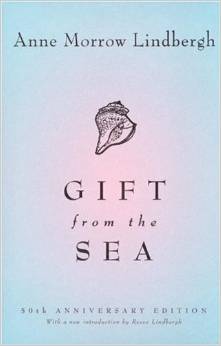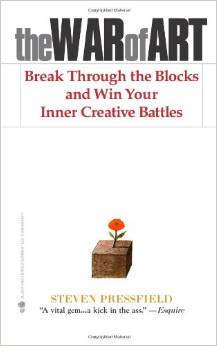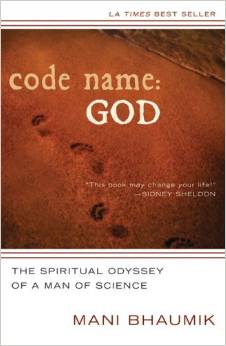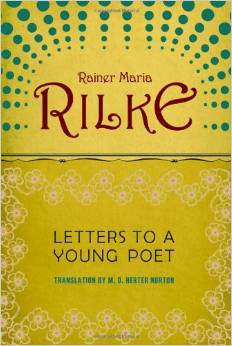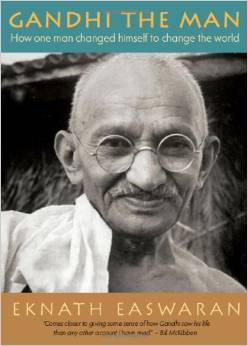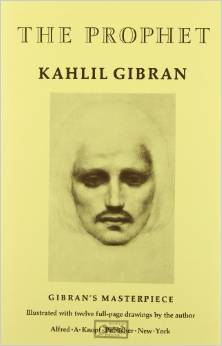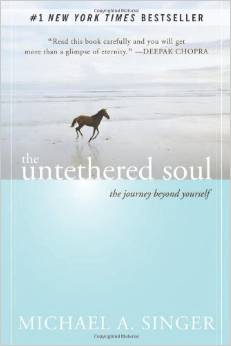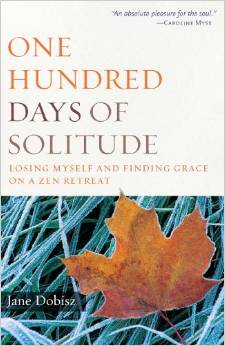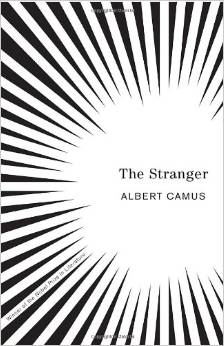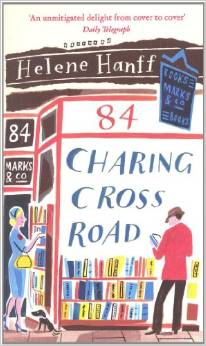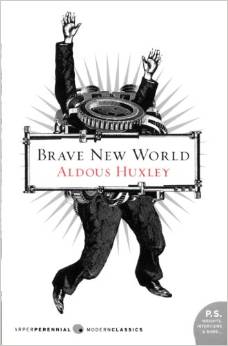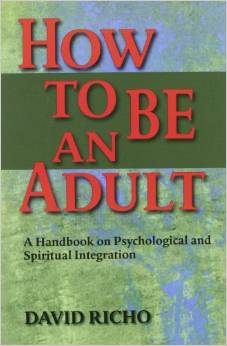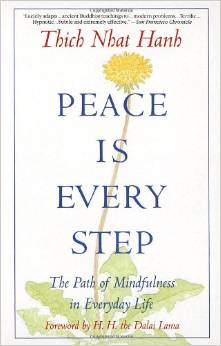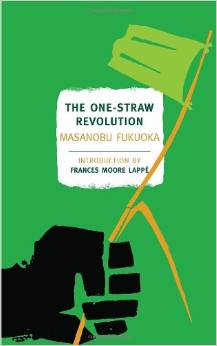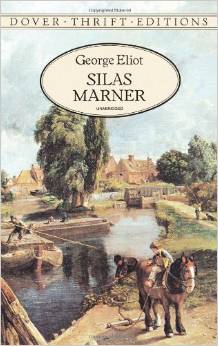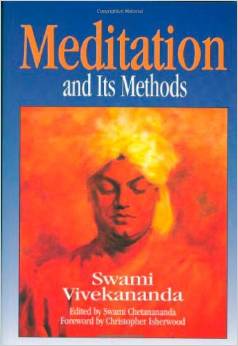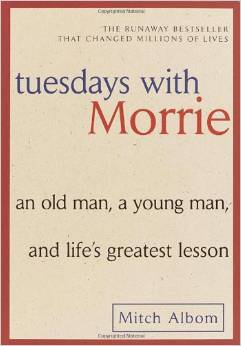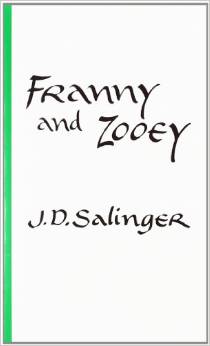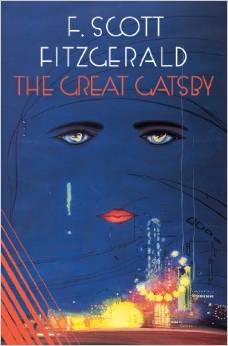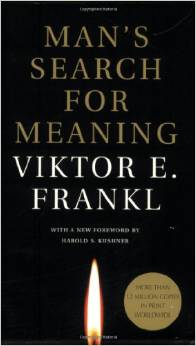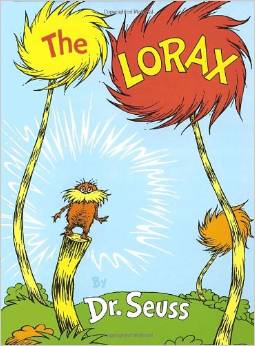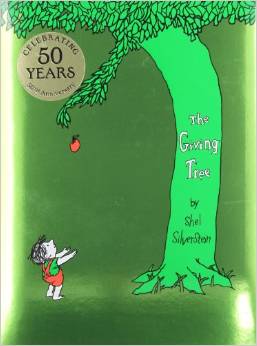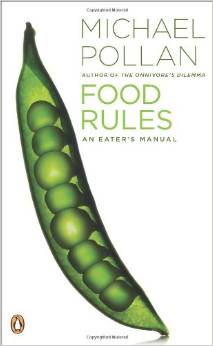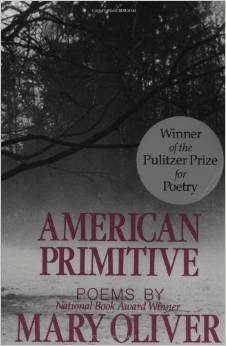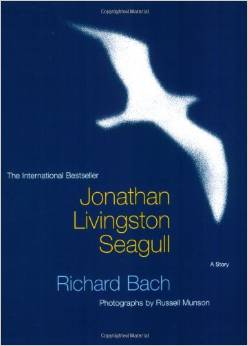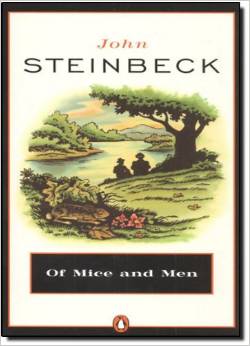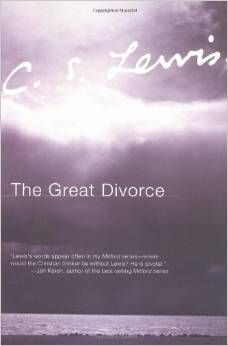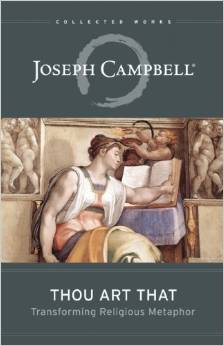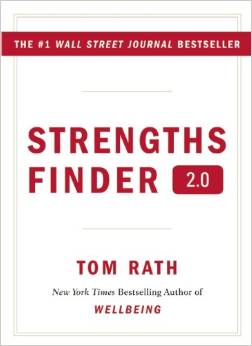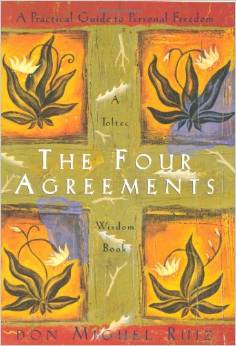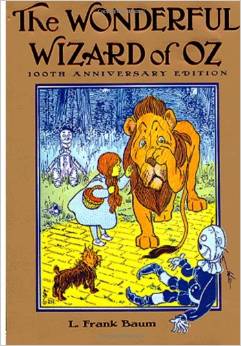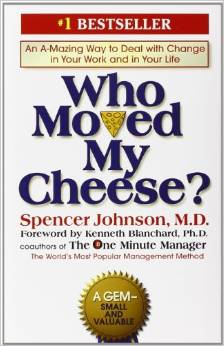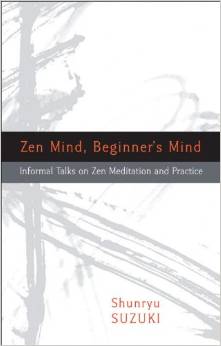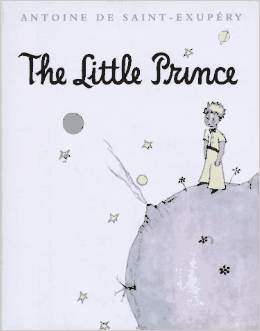“A book is like a garden carried in the pocket.” -Chinese proverb
On days we’re filled with dread, or even apathy, we need hope, a little bit of a nudge, maybe some comfort, or a dose of courage, to go conquer the world, if only for a day. Pocket one of these short books to read on your commute, or pop in a book-cd to listen on your drive – for some quiet words of wisdom, or a kick in the pants to help you drive in the direction of your dreams.
These are a few of my favorites that helped me on my journeys. They range from spiritual to self-help, fiction to poetry, in no particular order. See how many of these short books (200 pages or less) you read, and I’d love to know what your favorites are in the comments below.
1. Gift from the Sea, by Anne Morrow Lindbergh
Wise, soothing, and graceful. Words that every woman (and man) can relate to, contemplate upon, and learn from. One of my favorites of all time.
2. The War of Art, by Steven Pressfield
For anyone who ever felt a creative crisis, a writer’s block, or struggles to follow a calling, the author helps us see the power of “Resistance” and how to overcome it.
3. Code Name: God, by Mani Bhaumik
This one is 225 pages but I thought it deserved a chance on this list. An autobiographical rags to riches story of a Bengali boy who became a Bel Air millionaire. When he inevitably crashes into a midlife crisis, he goes back to his spiritual roots that were planted during his barefoot days, and ties them with the scientific knowledge he gained over the years. Fascinating read.
4. Letters to a Young Poet, by Rainer Maria Rilke
Beautifully written in lyrical prose, by Rilke to a young aspiring poet who asks for his insight. Soulful advice that speaks to the aspiring poet (or writers, painters, anyone who feels a calling) in us all.
5. Gandhi the Man, by Eknath Easwaran
This is a spiritual look into the actions and teachings of Gandhi who inspired a nation to act out of nonviolence and love. Eknath Easwaran, who is himself a spiritual seeker, and teacher, provides the perfect voice. Truly inspirational.
6. The Prophet, by Kahlil Gibran
A collection of philosophical and spiritual poems about love and marriage, work and worship, joy and sorrow, pain and passion, religion, and self-knowledge, and many other topics. A masterpiece.
7. The Untethered Soul, by Michael A Singer
Simply written, yet profound. No esoteric words, or confusing concepts. Just practical spirituality. If you haven’t read it, don’t miss it!
8. One Hundred Days of Solitude, by Jane Dobisz
This may not be for everyone, but I loved Zen teacher Jane Dobisz’s solitary meditation retreat into the woods in Upstate New York, for one hundred days of winter. Sitting, walking, chanting, bowing, chopping, Repeat. It’s warm, funny at times, completely candid, and glowing with zen-gems thrown in now and then.
9. The Stranger, by Albert Camus
This is a strange book to put on this list about an “accidental” murderer who remains detached, disengaged and dispassionate throughout the story as the jailers, judges and lawyers are talking around him. The reason I put it on here is because it makes us think and look at ourselves from an outside perspective. Are we strangers to ourselves?
10. 84 Charing Cross Rd, Helene Hanff
I know – I’m a romantic to put this on the list. It’s a true story – a book of letters in fact – of an American writer’s correspondence with a London bookseller. Not exactly life-changing, but sweet, subtle, and a reminder that we all need a touch of romance in our lives.
11. Brave New World, Aldous Huxley
This is Aldous Huxley’s description of a future Utopia, where the inhabitants are programmed to be content, conditioned to a class system, and are offered psychedelic drugs to fight off depression. What could possibly be wrong with this Dystopia? I mean Utopia? A classic science fiction that’s completely relevant even today.
12. How to be an Adult, by David Richo
When you read the definition of an Adult according to David Richo, it makes perfect sense. What’s sad is when we realize that most of us are not adults – yet. This is a short book, but full of wisdom and guidance. You won’t regret reading it.
13. Peace Is Every Step, by Thich Nhat Hanh
We know this already: peace is not somewhere out there; we need to create it within ourselves. In our walk, in our talk, in our every choice. Peace is in every step we take and this little book shows you how, subtly, yet simply. It is written by a peace activist who was nominated for the Nobel Peace Prize. Don’t miss it.
14. The One Straw Revolution, by Masanobu Fukuoka
This book is fondly referred to as the “Zen and the Art of Farming”, and even though most of us are not farmers in real life, I’m adding it on this list because of Fukioka’s revolutionary approach to food and farming. It’s not a how-to book, but a thoughtful book, and the gardeners at heart may learn something from it.
15. Walden, by Henry David Thoreau
This is another one of my favorite books ever. It’s truly life changing. Read it in small doses so you can savor the depth of Thoreau’s thoughts.
16. Siddhartha, by Herman Hesse
This is a novel about a boy named Siddhartha (not the story of the Buddha), set in India. It follows Siddhartha on his journey as a seeker of enlightenment. The ending of the story might come as a surprise, but not unwelcome. An enlightening read.
17. Night, by Elie Wiesel
An autobiographical narration of a Nazi death camp survivor. Heart-breakingly poignant. The author agonizes over a God who can allow such horrors, and yet remains hopeful in humanity – to ask the questions, to act when necessary, and to remember so we will never forget. No happy endings, but important questions for all of us. Winner of the Nobel Peace Prize.
18. Silas Marner, by George Eliot
This is the portrait of a simple weaver who was betrayed and accused of a crime he didn’t commit. He becomes a loner and a recluse, but what’s fascinating to read is the story of how he slowly softens with the arrival of an abandoned child. An old masterpiece, but a touching tale of the human spirit.
19. Meditation and Its Methods, by Swami Vivekananda
This is an introduction to meditation from the famous Swami who brought Vedanta and Yoga to the Western world. This book is born out of a compilation of several writings and speeches, and even though it’s not a manual for meditation, it’s a good read for those of us who want to be inspired. Vivekananda’s voice carries command and common sense.
20. Tuesdays with Morrie, by Mitch Albom
This is a series of Tuesday conversations – warm, intimate, and sometimes funny – between a dying mentor and his student. And what we get from these conversations is Morrie’s deep wisdom, his faith in life and people, and his dignity even in dying. Morrie touched so many of us with his wisdom, and continues to inspire us to live a life of meaning.
21. Franny and Zooey, by J. D. Salinger
Franny and Zooey are two of the children in the Glass family, an intellectual, neurotic New York family who rail at the world for not behaving reasonably. The brilliance of this book is in Salinger’s fast paced, unpretentious dialogue, even though the dialogue is about an existential, ethical crisis. This book makes us all think about those profound questions of life and living.
22. The Great Gatsby, by F. Scott Fitzgerald
This is a portrait of America in the Twenties, an age when excess and greed was a national obsession. Fitzgerald’s writing is brilliant and poetic, and even though the story was set in the Jazz Age, it is just as relevant in today’s world of excess and greed.
23. Man’s Search for Meaning, by Viktor E. Frankl
Dr. Frankl, a psychiatrist who survived Nazi concentration camps, writes a psychological perspective of the prisoners of Auschwitz. In opposition to Freud’s belief that man’s primary drive is pleasure, Dr Frankl’s theory is that each person thrives to find the meaning of his life, and that’s what keeps him going, especially when hit by a tragedy. This is a must read.
24. The Lorax, by Dr. Seuss
Can you believe this beloved children’s book was once banned? It’s a story of the devastating consequences of consumption when trees are cut down to satisfy a bottomless pit of greed. Written in the seventies, the Lorax is just as relevant now, in the days of global warming and environmental pollution. Read it to your children, but it’s just as whimsical and inspiring reading it to yourself.
25. The Giving Tree, by Shel Silverstein
Another beloved children’s classic based on friendship between a boy and a tree, not much different than a relationship between a mother and her child. A spiritual reader cannot fail to see the lessons of giving, love, and acceptance. A tender and touching story.
26. Food Rules, by Michael Pollan
A practical “manual” of food rules to help figure out what to eat, what kind of food to eat, and how to eat. A simple, slim volume that includes chapters like “Don’t eat anything your great grandmother wouldn’t recognize as food.”
27. American Primitive, by Mary Oliver
An exquisite collection of poems that won Mary Oliver a Pulitzer Prize for Poetry. Wild and primitive, yet tender and transcendental, you’ll feel alive when you read this book of poems.
28. Jonathan Livingston Seagull, by Richard Bach
This is a little story about a lone seagull who loves to fly (instead of eat), but faces ridicule and rejection by the rest of the seagull community for his love of soaring to great heights. There’s a powerful message in it for anyone who wants to give up, to have faith in themselves.
29. Of Mice and Men, by John Steinbeck
This is the story of an unlikely friendship between George and Lennie who plan to buy a little land, grow all their food, build a shack of their own, and live happily ever after. But their American dream goes horribly wrong. Their own fears, insecurities and miseries bind them tighter and tighter until the dream shatters and leads to a strangely satisfying ending.
30. 1984, by George Orwell
We all feel it in the air – Big Brother is not too far away. George Orwell’s last novel is a chilling classic and is still entirely relevant even after 1984 has come and gone.
31. The Great Divorce, by C. S. Lewis
A powerful little book that gets to the core of human beliefs and choices. Anyone who reads it will glean many little and large truths about good and evil, heaven and hell, sin and temptation. The writing is eloquent, imaginative and fantastical, in a way only Lewis can write.
32. Thou art that, by Joseph Campbell
This is a sampling of Campbell’s writings which can serve as a short, introductory book to his other weightier works. As always, thoughtful, thought provoking ideas and interpretations of religions and rituals, myths and metaphors are offered from the man who urged us to “follow your bliss.”
33. Strengths Finder 2.0, by Tom Rath
This is version 2.0 of what used to be Gallup’s Now Discover Your Strengths. I love the premise of this book to find our strengths and pour our attention into making them work for us, rather than trying to improve upon our weaknesses.
34. The Four Agreements, by Don Miguel Ruiz
Profound but practical. Four simple agreements with ourselves: to Be Impeccable With Our Words, to Not Take Anything Personally, to Not Make Assumptions, and to Always Do Our Best. This book really prompts us to take a deeper look at our every thought and word. Powerful advice.
35. Practicing the Power of Now, by Eckhart Tolle
This is an extension of the original Power of Now for those who are looking for practical guidance on how to practice the Power of Now. Perfect for carrying in your pocket on your commutes. If you haven’t read the original though, I’d recommend reading that first.
36. The Wonderful Wizard of Oz, by L. Frank Baum
Imaginative characters, unique settings, endless adventures, lots of lessons for the soul, and a happy ending. What more would we want? No wonder this book became the American fairy tale.
37. Who Moved My Cheese, by Spencer Johnson
This is a simple story with a big message. Change is something we all have to deal with, and yet we are not usually comfortable about it. A little over-dramatized but a quick read. Give it a try, especially if you work in a corporate environment.
38. Zen Mind, Beginner’s Mind, by Shunryu Suzuki
A collection of talks by Shunryu Suzuki who was one of the original Zen teachers in America. I love the depth and intensity of each sentence in the book. I do have to add this warning though: this is not exactly a beginner’s Zen book (if you’re very new to Zen teachings, you should probably start off with a different book).
39. The Little Prince, by Antoine de Saint-Exupery
A whimsical, witty, inter-planetary story of a conversation between a pilot and a prince. While they become friends, we learn lessons of love, truth and friendship. Poignant and tender. It is suitable for children and the child in all of us.
40. Leaves of Grass, by Walt Whitman
This short book gives a great taste of Whitman’s poems. Powerful, profound, panoramic. Even as you’re making your way to your glass buildings you’ll feel the leaves of grass dancing in the wind. An American masterpiece.
Featured photo credit: Saiisha via NestInTheForest.com

